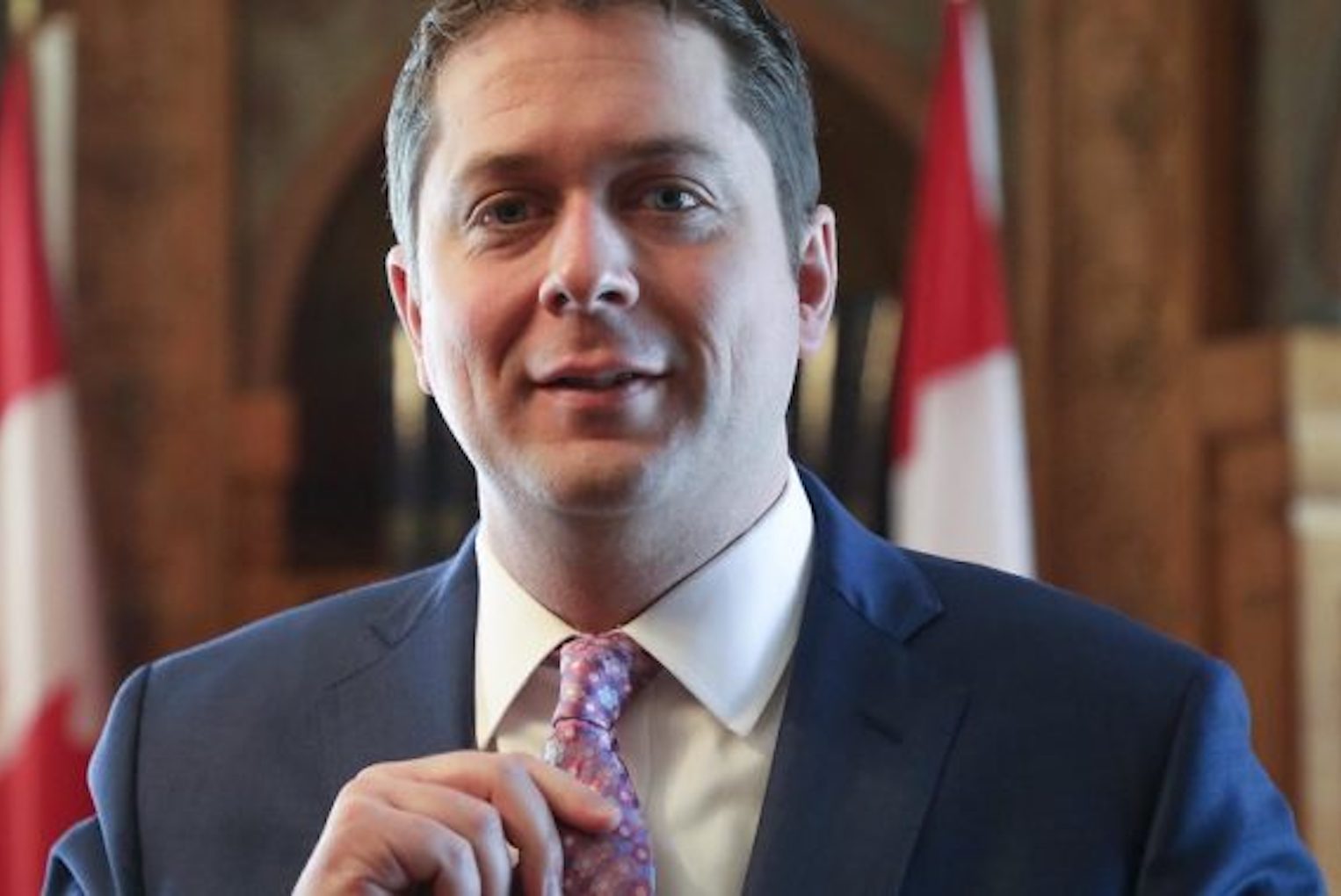Written by Yaroslav Baran.
Why is it that we are now hearing people talk about Andrew Scheer’s continued leadership of the Conservative Party? Is this a revival of the “Tory Syndrome” – the old tradition of jettisoning the party leader after a single failure to win? Is this something more? What lies behind it?
Thus far, it’s but a handful of voices, and most with some anti-Scheer baggage: former Max Bernier leadership campaign strategists, cut out of the Scheer circle for having failed to graciously concede. Self-interested dissenters can have a catalytic effect, however, if nobody puts forth an alterative narrative. That will be the first post-election challenge for Andrew Scheer.
By any normal objective measure, Andrew Scheer’s leadership should be even more secure following October 21st: his was one of only two parties to gain seats, he enlarged his caucus by a quarter, he knocked his tremendously charismatic and internationally popular opponent down to a minority, and he actually won the popular vote – he got more votes than the very popular Justin Trudeau.
Mr. Scheer effectively did a replay of Mr. Harper’s move in the 2004 election – except he also won the popular vote.
In 2004, then-Opposition Leader Stephen Harper squared off against Paul Martin – also an immensely popular Liberal leader and prime minister. Harper knocked the “juggernaut” down to a minority, and two years later, would replace it with a minority government of his own. Yet, at the time, immediately after the 2004 vote, Mr. Harper was deluged with questions about his leadership abilities, his saleability beyond the Conservative base, his ability to actually win.
While Scheer detractors note the exceptional challenges facing Mr. Trudeau – the SNC Lavalin issue and #blackface – it is worth noting that Harper had his own dose of oxygen propelling him in 2004: the sponsorship scandal.
Perspective is important.
A deeper analysis does, however, reveal some significant faults and fault lines in Mr. Scheer’s campaign performance. More people voted for Mr. Scheer than for Mr. Trudeau, but if you take the over-efficient Alberta and Saskatchewan out of the equation, Mr. Scheer’s “rest of Canada” popular vote level drops to the high-twenties. Quite simply, he will have to do better if he wants to win the next election. In practical terms, the Conservatives will need to find a way to reverse that shift and appeal more successfully to the GTA, Vancouver, and Quebec if they want to form government.
Mr. Scheer will also have to find a way to better explain his reconciliation between his faith and his political program. He is hardly the first Catholic to aspire to 24 Sussex. He cannot, however, look uncertain when asked how his faith impacts his take on abortion and same-sex marriage. While he nearly got there by the end of the campaign, too many Canadians saw him looking uncomfortable talking about these questions and looking like there was something left unsaid. That must change.
The risk there is not so much alienating Canadians who have a different view (particularly as there’s nothing to challenge in his “we ain’t going there” message); the bigger risk is looking uncomfortable in his own skin, and looking uncomfortable discussing those issues.
The second lesson the Conservatives must take on board is the need to broaden the policy discourse. All parties play to their strengths, and the Conservatives’ polling showed that cost-of-living anxieties played to the Tories’ favour. So they built an entire platform around that. But it wasn’t enough. Contemporary voters are sophisticated people interested in a variety of issues. Most are not so passionate about one policy space that it drives their entire voting decision. Most want to see a comprehensive plan – and a leader willing to talk about all aspects of public policy.
Imagine a campaign in which Mr. Scheer had the same affordability message, but also talked proudly, at every turn, about his Climate Change Plan:
“We do have a climate emergency. The difference between me and Mr. Trudeau is how we address it. He wants to impose a carbon tax that Sally will pay when she puts gas in her car to drive the kids to soccer, when she buys groceries for her family, when she turns the heat on in winter. I have a different approach – the same one followed by Barack Obama: don’t tax the people, impose a cap on the large final emitters. Sector by sector. And if they fail to meet those targets, make them pay for even more green tech R&D!”
It might have been a game-changer. On the merits of the plan, we see time and time again that voters are predisposed to liking a message if it comes from their party and disliking a message if it comes from a party they don’t like. But there still has to be a message. In Mr. Scheer’s case, with climate change, it was a message that could have had significant resonance. He put tremendous effort into building his climate plan in the first place – only to have the campaign team chose not to talk about it.
Similarly, the campaign was virtually silent on Indigenous policy. This also betrays a blind spot of market research-driven campaigning. It may be true that Conservatives don’t traditionally win elections on their Indigenous platform, but it is also true Conservatives lose elections when they don’t have one.
Every leader does a post-mortem following their first failure to win the prize. Mr. Scheer will be no different. If he wants to keep the sour grapes detractors from sparking some real dissent, he will have to show that he is listening, learning, and willing to do some things differently.
The Tories may not be quite as impatient as the Liberals, cannibalizing their leaders after their first failure to win, but few get more than two opportunities. That means seeking out those lessons, internalizing them, and putting them into a campaign plan – all within a shortened minority mandate.
